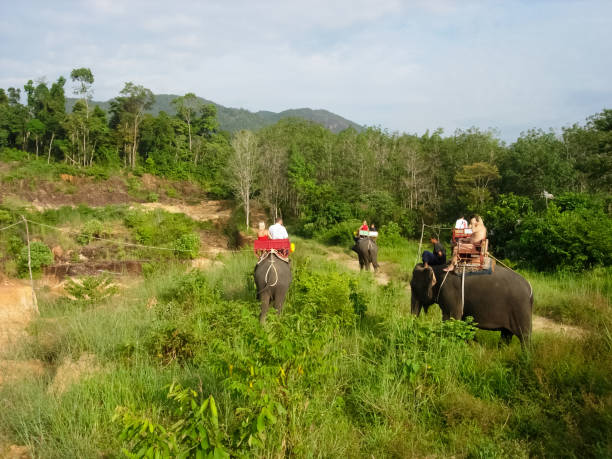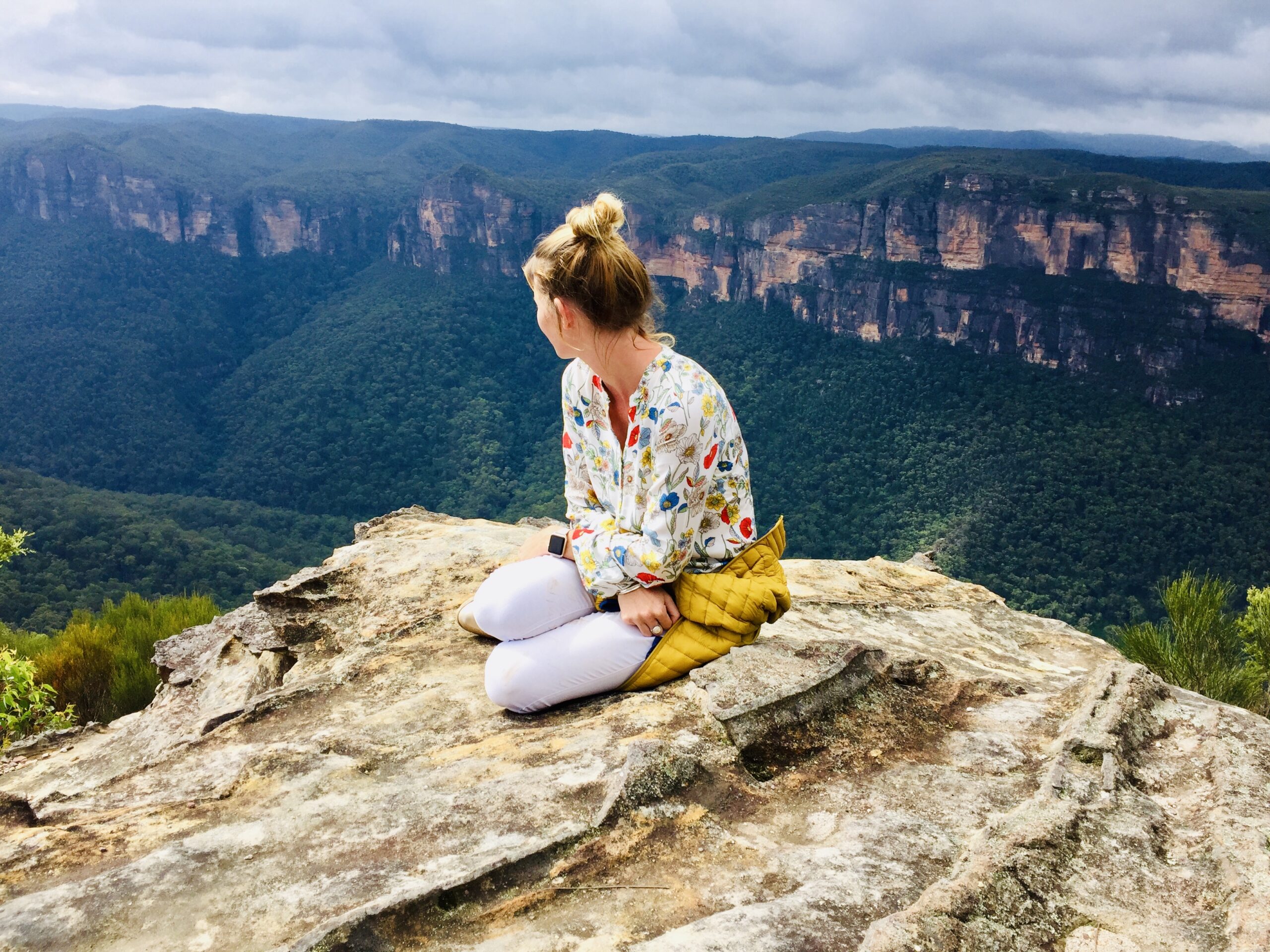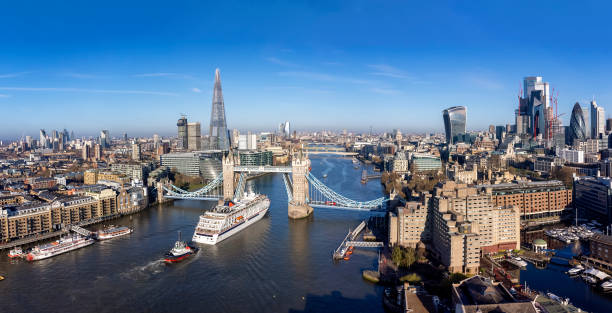The Importance of Responsible Tourism in Thailand
What a great experience it would be to ride an ancient elephant! It’s something I have always wanted to do! I saw photos of friends who had been to Thailand, propped on an elephant’s spine, with huge smiles on their faces and arms flailing.
However, I learned that elephants in Southeast Asia are a huge industry. Asian elephants are less aggressive than their African counterparts and have been used for heavy work, transportation, and as a form of transport in Southeast Asia.
Elephant tourism and the cruelty of it
Elephants are wild creatures. They belong on the pages of National Geographic, next to lions and Zebras, not on chains or their backs. Asian elephants, often as infants, are captured, abused, and stripped of their wild spirit in an attempt to domesticate them.
The babies are starved, beaten, and tied up to the point of death (although some die accidentally).
Elephants are taught to understand the fear and to perform tricks. They also allow humans to ride their backs. Elephant rides are popular; people pay a lot to see them perform as circus clowns.
A Lucrative Industry
Thailand’s elephant tourism industry is very lucrative. Tourism is causing a significant economic shift in this third-world nation. Thailand was the world’s most visited country last year. International money is spent in massive amounts.
Locals must be more wealthy and quick to exploit the large sums of money spent in their country. These elephants are captured and forced to perform in the streets or give rides to tourists.
Elephants are not for riding.
Riding an elephant directly contributes to the abuse. Spending money to ride an elephant is a vote for this abuse. Travelers must understand where they are going and what they’re doing and vote accordingly.
Responsible tourism is no joke. The tourism industry has single-handedly destroyed the appeal of many countries and cultures. At this rate, Thailand could be the following country on the list.
The Complete Lack of Care
I visited an elephant riding camp located in Northern Thailand. A girl said, “I won’t ride an elephant if I think it will hurt it.” Her friends all agreed, but they admitted that they did not know for sure if the bike hurt. As the nosy person, I asked her to clarify what she meant.
Without being preachy, I explained that riding an elephant’s back is detrimental to its spine and bone structure. Carrying a person for them is like having someone sit on your shoulders all day.
It was a good idea, and I’m glad to have shared it with them. They asked me more questions, and I explained how elephants are handled. The answer, in a nutshell, was “not very well.”
After a ten-minute discussion about animal tourism in Thailand, and the brutal nature of riding an elephant, I said goodbye to the six people.
All of them had said they would never ride an elephant again, not even today. They would prefer to visit an animal park that is humane, like the one in Chiang Mai.
I told them it was an excellent idea, and then I met a baby elephant who was only four days old (which is adorable, by the way). Just before leaving the park, I turned back to see them all on elephants.
How We Are Trying to Fix the Problem
Elephants in Thailand have one saving grace. Lek Chailert, who has been saving elephants since 1992 and is a member of many elephant tribes, has been rescuing them for over 20 years.
The elephants in her park consider her to be one of their own. She offers a better quality of life to elephants that have been captured and abused.
Lek is the founder of the Save Elephant Foundation.
The Elephant Nature Park is operated by this foundation in Chiang Mai (Thailand), a sanctuary for rescued animals. However, the park is entire, and there are no more rooms.
Twenty travel bloggers worldwide have joined forces to promote animal welfare and responsible tourism in Thailand. They also collect donations to support this charity.
The project called the Travel Blogging Calendar, is a way to encourage people to support the Save Elephant Foundation. We hope those who understand the plight and frustration of irresponsible tourists and the plight of elephants will donate.
Lek needs help to save more elephants. We hope you continue supporting the bloggers as they strive to improve the world. All proceeds are used to buy new land for the elephants and build new shelters.




Post Comment